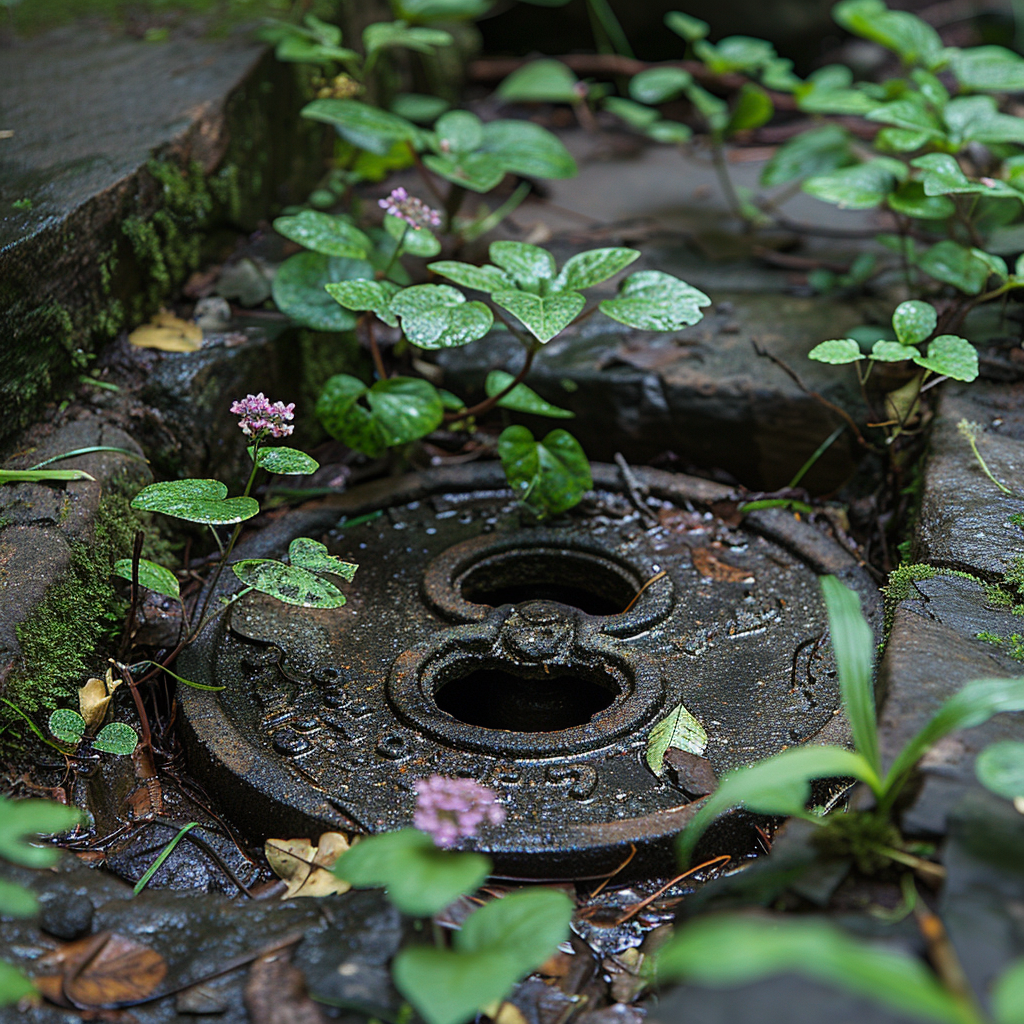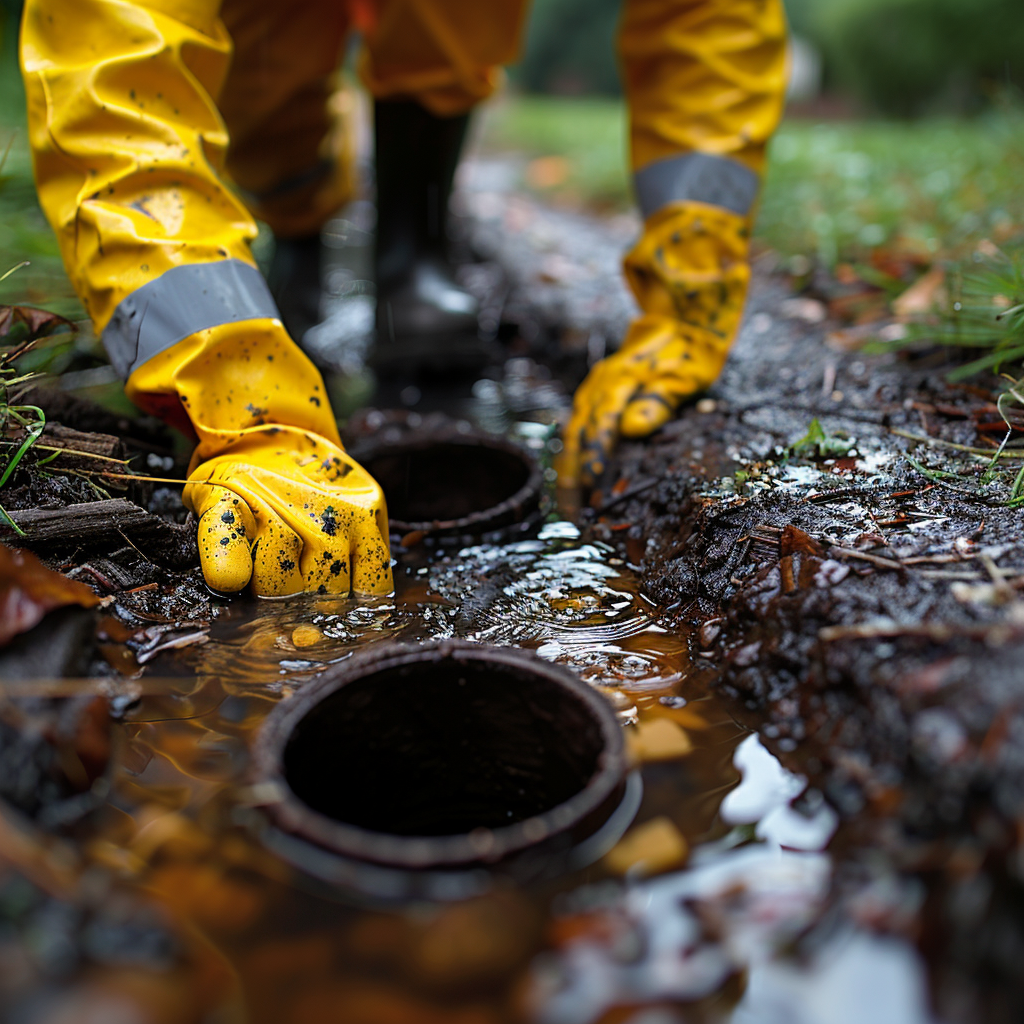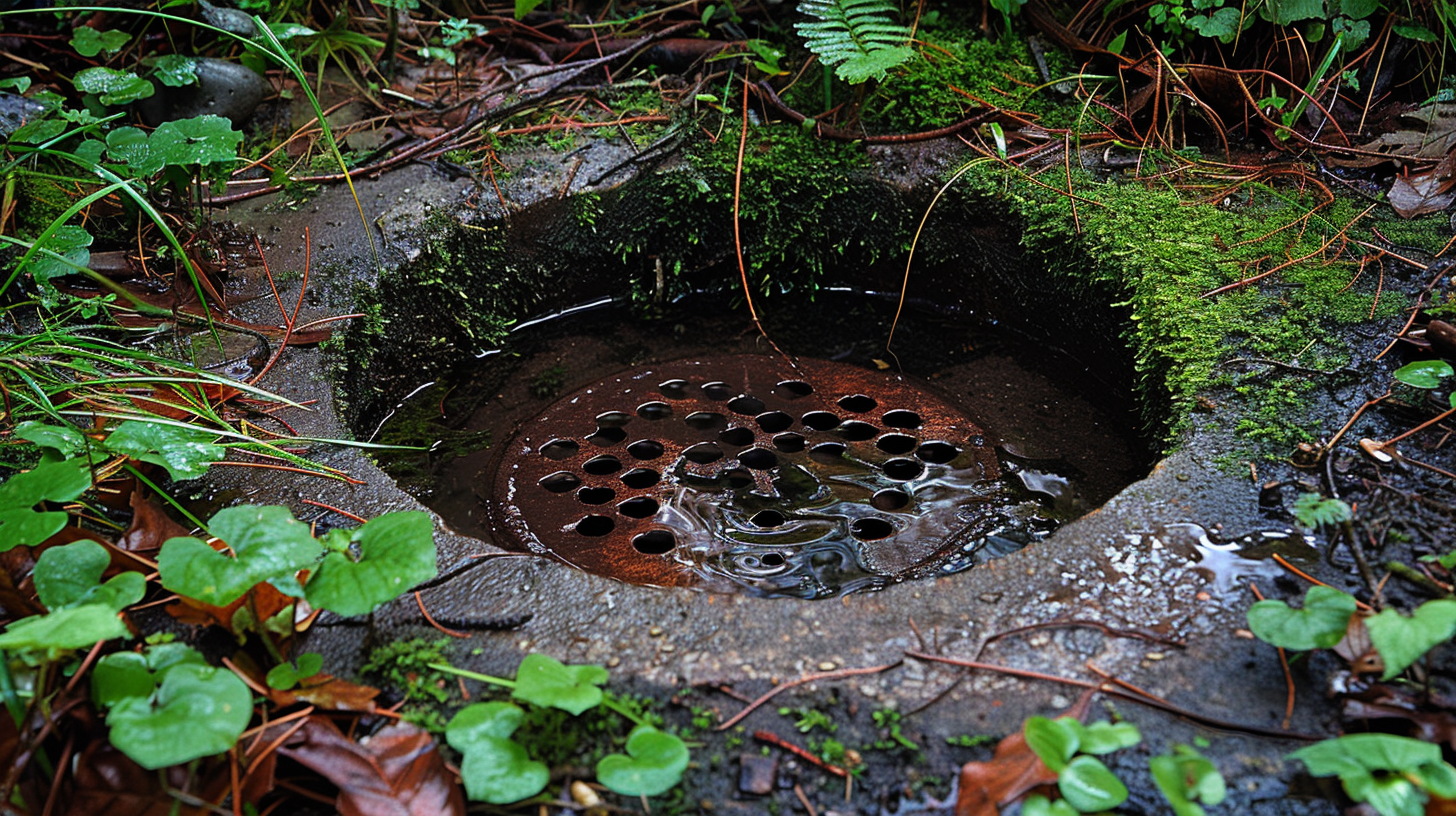Key points
• Never-ending Composting: Some septic tanks just keep breaking down waste naturally. They do this non-stop so there’s no need to clean them out as frequently.
• High-tech Septic Systems: There are septic tanks with fancy tech that clean the waste so well, you might not have to empty them as frequently, but that depends on the laws and the environment where you live.
• Looking After Your Tank: If you pick the right size septic tank for your house and look after it well—think regular check-ups and using it right—you’ll probably have to empty it less. But remember, you can’t totally ignore it.
Contents
- 1 Key points
- 2 Setting Straight the ‘Everlasting’ Septic Tank Tale
- 3 What Happens If You Ignore Your Septic Tank?
- 4 Upgraded Septic Systems
- 5 Advancements for Longer Time Between Septic Cleanings
- 6 Comparative Analysis of Traditional vs. Advanced Systems
- 7 Green Choices and Upkeep Demands
- 8 When Alternative Septic Systems Aren’t Ideal
- 9 Frequently Asked Questions (FAQ)
Setting Straight the ‘Everlasting’ Septic Tank Tale

A lot of folks think their septic system can run forever without a hitch, known as the ‘everlasting’ septic tank tale. But truth be told, septic tanks do need a hand every now and then. They aren’t self-cleaning and will fill up if you ignore them. If you buy into this myth, it could lead to serious problems that’ll hit your wallet hard.
What Happens If You Ignore Your Septic Tank?

If you don’t keep up with your septic tank’s care, you’re bound to run into trouble. Ignored septic systems are ticking time bombs – think messy sewage overflows, stinky smells, waterlogged yards, and the scary possibility of polluting the clean water underground. Staying on top of things with regular checks and cleanouts is crucial if you want to keep your system running smoothly and dodge these nasty issues.
Upgraded Septic Systems

New advancements in the design of septic systems are changing how we handle waste. These systems are now more capable thanks to updates that improve how they treat waste. Because of this, there’s less need for maintenance. Key upgrades include:
- Smart baffle designs which guide the flow and help solids settle,
- Use of durable materials like plastic and fiberglass that make tanks last longer,
- Designed sections and barriers in the tank that lead to better waste breakdown, and
- Advanced outlet filters that block particles from getting into the leach field.
Advancements for Longer Time Between Septic Cleanings

To reduce maintenance, we’ve been improving technology to extend how often you need to empty your septic tank. These upgrades include:
- New types of microbes that digest solids more quickly,
- Aeration systems that boost bacteria performance, and
- Multi-layer filters for better cleaning of the wastewater.
Comparative Analysis of Traditional vs. Advanced Systems
When we compare traditional to modern septic systems, we see several differences:
| Feature | Traditional Systems | Advanced Systems |
|---|---|---|
| Efficiency | Less efficient | Better efficiency thanks to new designs and materials |
| Maintenance Requirement | Needs frequent pumping | Needs less maintenance due to better processes |
| Environmental Impact | More impact because it doesn’t process waste well | Fewer environmental issues with improved digestion and filtration |
| Longevity | Often shorter from materials breaking down | Lasts longer with strong materials like plastics and fiberglass |
If we look at them side by side, we can tell that advanced systems do a much better job than old-school ones. With these new septic techs focused on being green and more effective, they’re clearly the way to go for managing waste well.
Digging into alternatives to the usual septic tanks shows us other smart ways to handle waste. These options aim to cut down on upkeep, often by improving how nature breaks things down and cutting back on the need for machines. Here are a couple of neat examples:
- Aerobic Treatment Systems (ATS) that pump in oxygen to speed up waste breakdown.
- Constructed wetlands that copy how nature filters out the bad stuff.
- Composting toilets that break down waste with no water needed.
Natural Processing Methods for Waste
Nature-focused strategies lean on biology instead of machinery. They can include:
- Adding worm farms to help organic stuff break down faster.
- Using reed beds that soak up and clean out pollutants the natural way.
Green Choices and Upkeep Demands
Choosing green waste management methods helps the planet, yet each option has its own upkeep needs. Common eco-friendly solutions involve:
- Systems that recycle greywater – the water from showers and basins – to water gardens.
- Biofilters that use microbes in the dirt to clean wastewater.
Looking after these systems mainly means checking them often, not doing a lot of work on them, which shows they’re easy to use.
When Alternative Septic Systems Aren’t Ideal
Even though alternative septic systems have their perks, they won’t work for everyone. Some things that might hold you back include:
- Rules in your area that shape what kind of system you can put in.
- The lay of the land, like what your soil’s like, how high the water’s sitting underground, and how much room you’ve got, all playing a part in whether the system will work well or not.
- How much cash you’ll have to fork out at the start, because some greener options cost more to set up than the standard types, although you might save money in the long run with cheaper upkeep.
In a nutshell, picking the right sewage treatment setup means looking at what fits with where you live. It’s about finding a balance between what the local laws say, what your patch of earth is like, and how keen you are on keeping things green.
If you want to cut down on septic system costs and hassle, making smart moves is key. You wanna make it so that you need fewer check-ups, which means less money spent and fewer headaches. A good move could be bringing in new tech like sensors that keep track of the muck levels. Or how about designing tanks that are a breeze to get into for fixes? Besides that, teaching people who own these tanks how to take care of them right and toss their trash the right way can make sure their systems don’t get overloaded.
Frequently Asked Questions (FAQ)
Can any septic tanks function effectively without the need for emptying?
No, all septic tanks require some form of emptying to remove solids that cannot be broken down by the treatment process.
Are there certain types of septic tanks known not to need regular tank emptying?
While all tanks need emptying, systems like the Bio Cycle Tank claim reduced frequency but still require periodic removal of sludge.
Is it a myth that some sewage treatment plants are exempt from emptying completely?
Yes, it’s a myth; all sewage treatment plants must be emptied at some point to prevent overflow and damage.
How does the CES Environmental Permit impact the need for septic tank emptying?
The CES Environmental Permit outlines the standards and frequencies for emptying to ensure compliant waste disposal.
Does home size or water supply volume modify septic tanks' emptying requirements?
Yes, the household size and rate of water usage can affect the amount of solids and frequency at which a septic tank needs emptying.
Do homeowners with alternative wastewater systems experience system failure from avoiding emptying?
Yes, avoidance of proper care and emptying can lead to system failures even in alternative wastewater treatment units.
Could effective use of soaps and detergents eliminate the need for septic tank emptying?
No, while using proper substances can reduce problems, they do not negate the need for periodic emptying of sludge and scum layers.
Can the careful monitoring of waste levels replace the necessity for septic tank emptying?
Monitoring helps maintain optimum performance, but eventual emptying is necessary to clear insoluble solids and sludge.
Does the inclusion of bacteria additives in tanks obviate the need for their emptying?
Adding bacteria aids in breaking down waste but does not eliminate the buildup of non-biodegradable solids that require emptying.
If a septic tank is connected to a well-functioning soakaway system, can it bypass emptying?
Even with a good soakaway system, solid waste buildup in the septic tank will still necessitate routine emptying to prevent backups and maintain system health.

I’m Tim Robberts, a seasoned wastewater treatment & septic system expert with over 40 years of experience in the field. My career began as a septic tank installer, and I quickly gained a reputation for my attention to detail and commitment to excellence. Over the years, I’ve honed my skills in designing, installing, and maintaining septic systems for residential and commercial properties.
